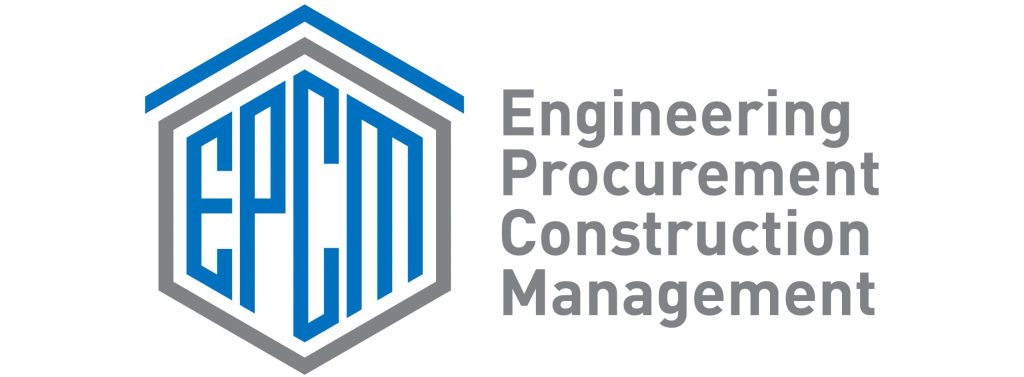What are EPCM Services?
EPCM stands for Engineering, Procurement, and Construction Management. It’s a project delivery method where a single contractor provides comprehensive services for the design, procurement, and construction of a project.
Key Benefits of EPCM:
- Single Point of Responsibility: Streamlined communication and accountability.
- Cost and Schedule Control: Improved budget management and timely completion.
- Reduced Risk: Expert management of project complexities and potential issues.
- Quality Assurance: Consistent standards and adherence to specifications.
- Flexibility: Adaptability to project changes and unforeseen circumstances.
Factors Affecting Place, Price, and Promotions:
- Project Scope and Complexity: Size, type, and technical difficulty influence the selection of an EPCM firm and their pricing.
- Geographic Location: Local expertise, regulations, and market conditions play a role.
- Industry Sector: Specific requirements in sectors like oil & gas, mining, or infrastructure affect the choice of EPCM provider.
- Market Competition: The number of EPCM firms vying for a project can influence pricing and negotiation.
- Economic Climate: Overall economic conditions and material costs impact project budgets.
Place (Finding the Right EPCM Provider):
- Industry Associations: Organizations like the Engineering Institute of Canada (EIC) and provincial engineering associations can provide directories and referrals.
- Online Databases: Platforms like LinkedIn and industry-specific websites offer company profiles and project information.
- Referrals and Networking: Seek recommendations from colleagues, industry professionals, and past clients.
- Request for Proposals (RFPs): A formal process to solicit bids and proposals from multiple EPCM firms.
Price (Understanding Cost Factors):
- Engineering and Design Fees: Based on project complexity, design effort, and team expertise.
- Procurement Costs: Expenses related to sourcing and purchasing equipment and materials.
- Construction Management Fees: Covering project oversight, supervision, and administration.
- Contingency and Risk Allowances: Buffers for unforeseen issues and potential cost overruns.
- Payment Terms: Negotiated milestones and payment schedules throughout the project lifecycle.
Promotions (Incentives and Value-Added Services):
- Early Involvement Incentives: Reduced fees or bonuses for engaging EPCM firms in the early project stages.
- Performance-Based Bonuses: Rewards for achieving specific project milestones or exceeding performance targets.
- Value Engineering: Proactive suggestions for cost optimization and efficiency improvements.
- Technology Integration: Utilizing advanced tools and software for project management and collaboration.
- Sustainability Initiatives: Incorporating environmentally friendly practices and reducing project impact.
Key Considerations:
- Experience and Track Record: Evaluate the EPCM firm’s past projects and client testimonials.
- Technical Expertise: Ensure the team possesses the necessary skills and qualifications.
- Communication and Collaboration: Effective communication and transparent reporting are crucial.
- Risk Management: Assess the firm’s approach to identifying and mitigating potential risks.
- Contractual Terms: Clearly define scope, responsibilities, and payment terms in the contract.
By understanding these elements and conducting thorough research, you can navigate the complexities of EPCM services and make informed decisions for your project’s success.

